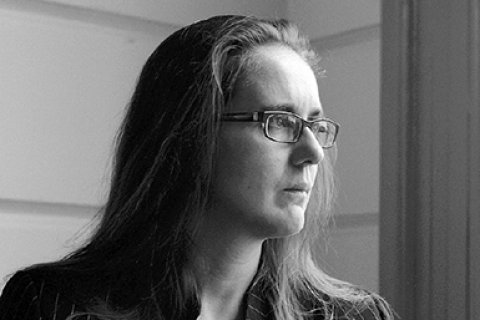More than 7 million euros for Els Stronks and Maaike Bleeker from Dutch Research Agenda

Professor of Early Modern Dutch Literature Els Stronks and Professor of Theatre Studies Maaike Bleeker receive funding to work on scientific and societal breakthroughs. Their Utrecht projects will receive funding from the Dutch Research Agenda programme Research along Routes by Consortia (NWA-ORC).
Improving literacy

“Dutch students, children aged between 4 and 18 that is, increasingly have trouble understanding what they read”, Professor Els Stronks says. “This causes problems as adult citizens. Moreover, the gap between good and poor readers widens.” The Becoming Literate in a Digital Age project investigates whether (digital) education that strengthens reading comprehension as well as reading behaviour, taking into account both threats and opportunities of online reading, can lead to improvement.
“We will design and test reading education in which digital media, pedagogy, behavioural science, literary science, and cognitive science all come together,” Professor Els Stronks says. A diverse group of scientific experts and stakeholders in the field jointly develops a model and infrastructure for designing and testing forms of education aimed at helping teachers and students – especially students with reading delays or difficulties. The project will implement the results in schools, methods, teacher-training, and policy.
“It is a huge step forward in a research field where the focus on certain aspects of cognition has been rather strong, and the teaching of reading has become rather mechanical. The digital age in particular calls for education that sees young readers in all their capacities and behaviours, as young citizens who are finding their way in Dutch society by becoming literate.”
- Researcher: Els Stronks
- Project title: Becoming Literate in a Digital Age. Adapting Reading Education in the Netherlands
- Affiliated with: Department of Languages, Literature and Communication
- Amount awarded: 5.3 million euros
Performing arts for more social robots

Robots are increasingly part of our daily lives; already, they help provide medical care, care for our homes and gardens, and support education and the workplace. They are increasingly capable of performing simple tasks and conveying messages, but lack many skills needed for social interaction and communication, Professor Maaike Bleeker says. “In the Dramaturgy for Devices project, we will focus on the social skills of robots supporting people in, for example, education, healthcare, and hospitality.”
“In particular, we will investigate how expertise from theatre can contribute to the developments of robots’ social skills.” For this, researchers will collaborate with theatre and dance makers. “We will show how the performing arts can contribute to innovative design tools and methods, and demonstrate the value of the skills and knowledge of theatre practice for technological innovation.”
“It’s amazing that because of this grant we can now collaborate long-term with artists Ulrike Quade, Anouk van Dijk, and Bram Ellens, and also a host of other partners from the theatre field, including Theater Utrecht, ICK Amsterdam, the AHK, Wintertuin, the Robot Theater Lab, and the European Lab for Robotics in Art and Theater. With the wealth of knowledge and skills they possess, we can make interactions between humans and robots not only better and more effective, but also more imaginative, fun, interesting, and exciting. Theatre is truly a fantastic tool for exploring and questioning imaginary futures with robots.”
- Researcher: Prof Maaike Bleeker
- Project title: Dramaturgy for Devices. Designing Sustained Relationships with Robots and other Smart Technologies
- Affiliated with: Department of Media and Culture Studies
- Amount awarded: 2.1 million euros

